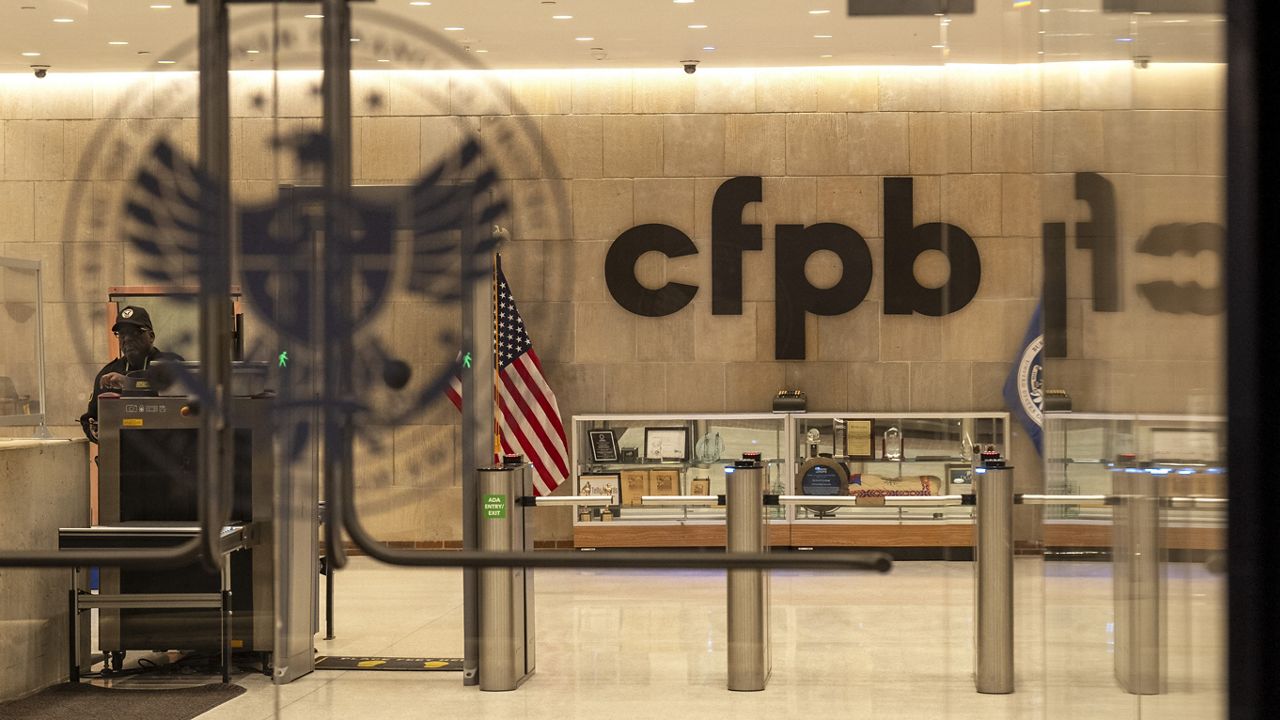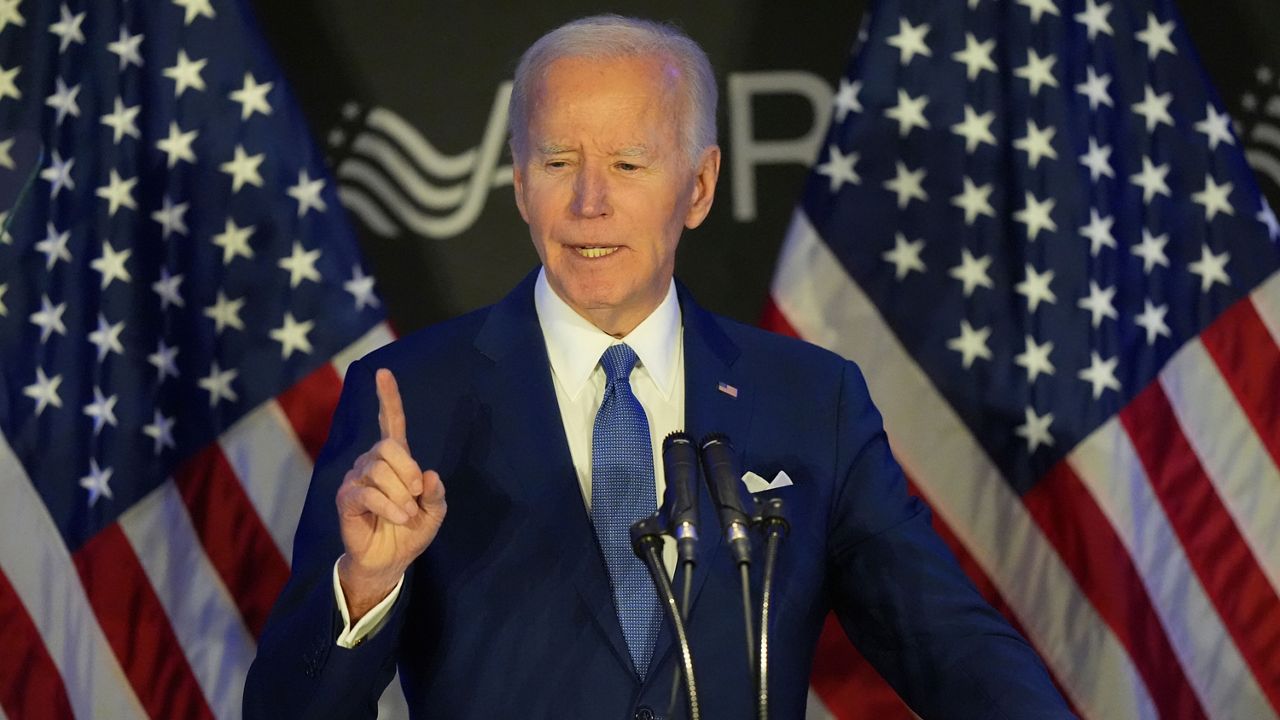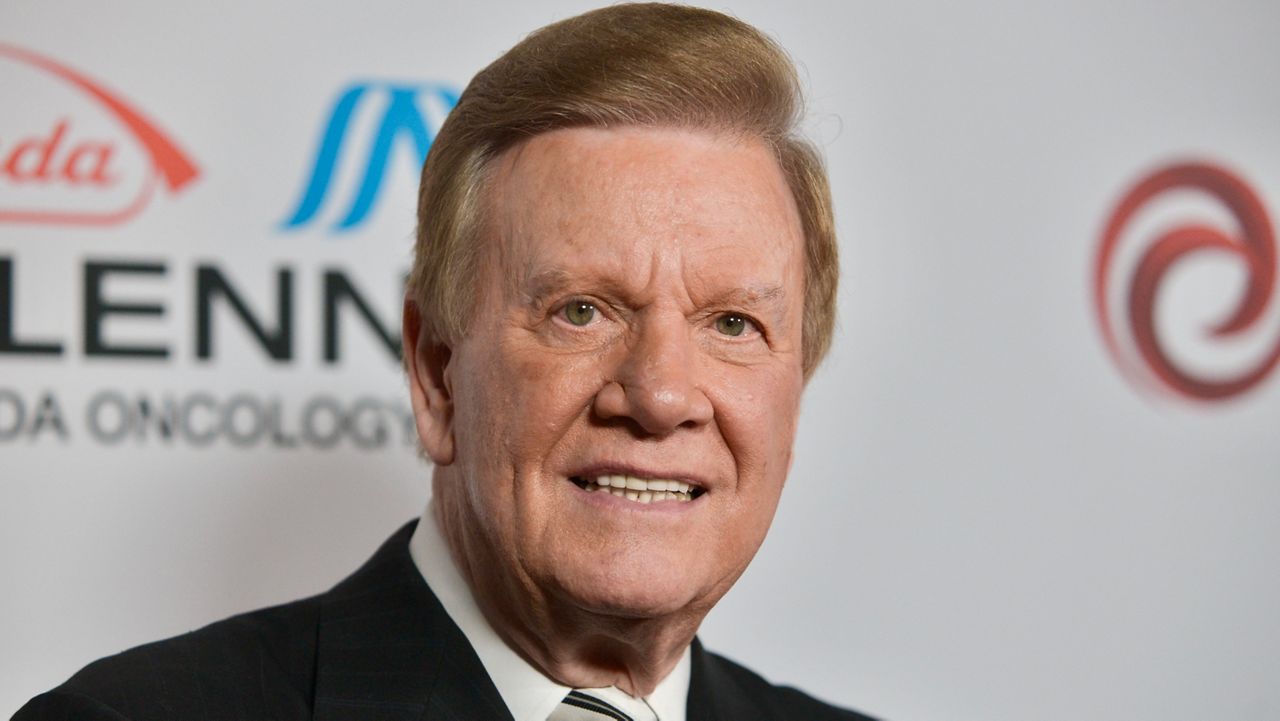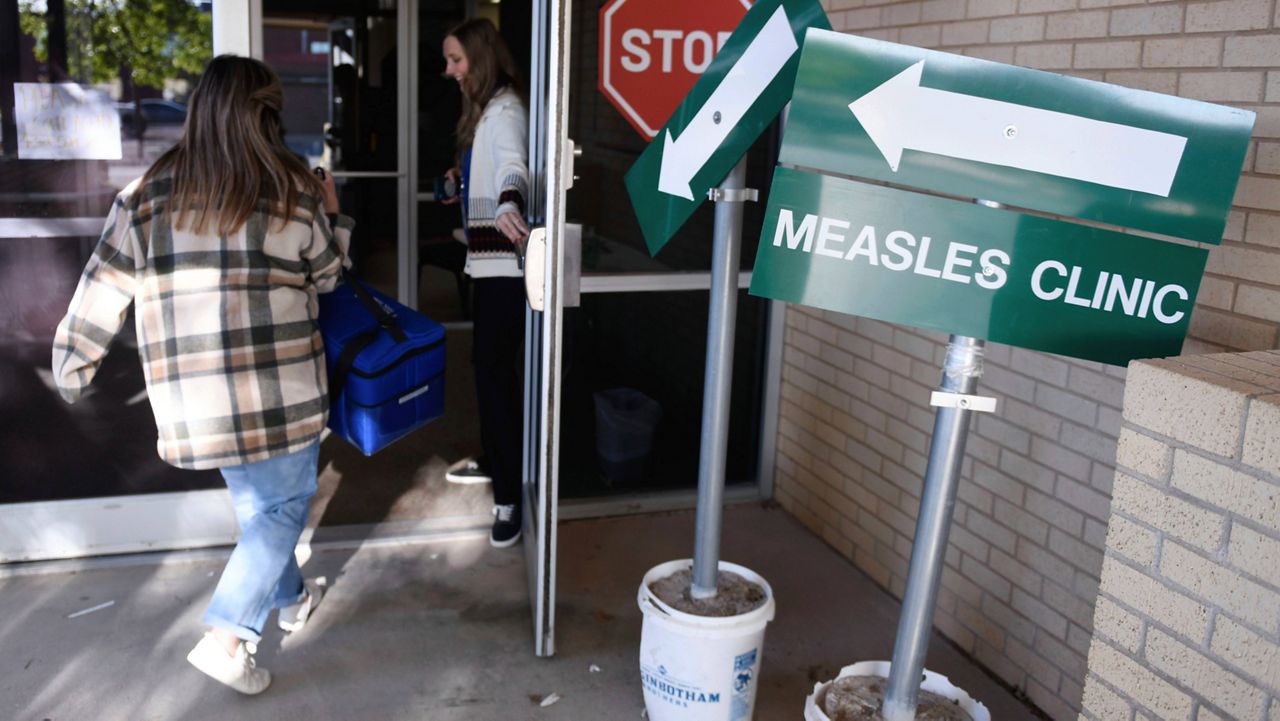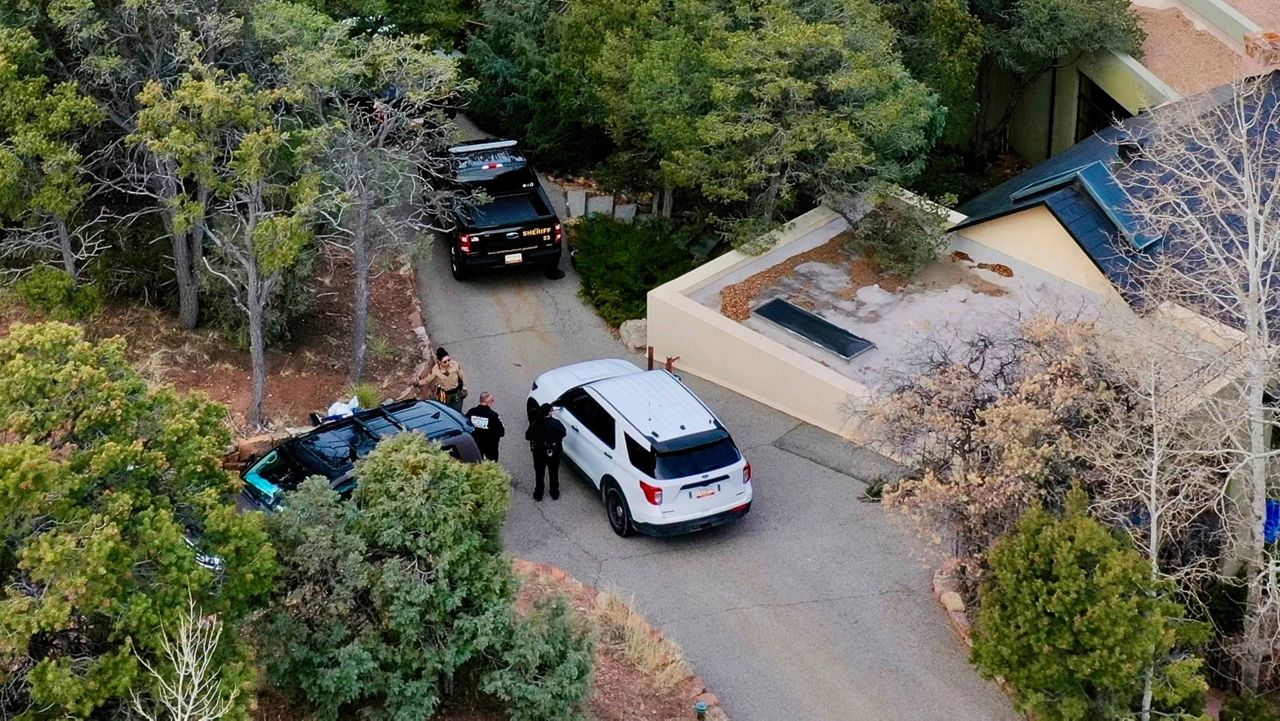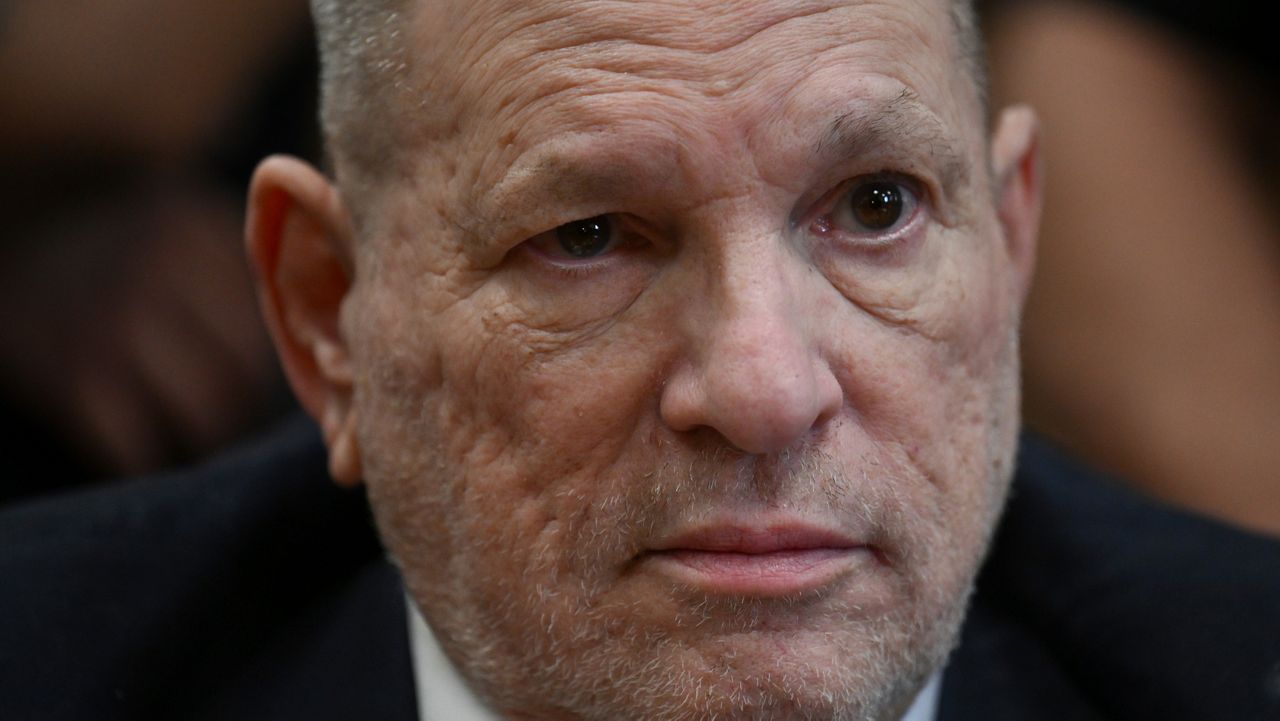MALIBU, Calif. — Renewal is what longtime Malibu residents the Kronmans have been cultivating over the last six years.
“Some of these palms we were able to bring back,” says Richard Kronman as he walks through his newly renovated yard and home, which burned to the foundation during the 2018 Woolsey Fire.
From the ashes, they rebuilt, but just as they thought the saga was ending, a new front: “Now we’re fighting the next battle with the insurance companies,” says Kronman.
After multiple 30% rate-hikes, the Kronman’s were notified in September that their homeowner’s insurance policy would not be renewed because of fire risk. Kronman says the issue is widespread: “They’re going through it in Northern California, they’re going through it in Santa Barbara, they’re probably going through it in San Diego. So, it’s not just us.”
Tens of thousands of Californians have experienced being dropped from their homeowner insurance policies just this year as other insurers have left the state altogether, resulting in residents having fewer options.
“The FAIR plan is the only game in town, right now basically,” says Kronman.
The FAIR plan, a syndicated insurance pool made up of California insurers, is limited in its coverage and can often leave residents underinsured, at times by millions of dollars.
But it’s not just residents that are losing big, so are insurance companies, bound by regulations that limit them to use historical data to assess fire danger, says Matthew Kahn, Provost Professor of Economics at the University of Southern California.
“What these climate modelers and this is both art and science, these individuals are saying, if it’s gonna be hotter and drier in California due to climate change, then events that we’ve never seen before now become possible and in that case, insurers will lose a fortune if they’ve written policies cheaply because they used historical data,” says Kahn.
Michael Soller, Deputy Insurance Commissioner for the California Department of Insurance, wants to change that.
“One of the major changes that Commission Lara has proposed is to allow forward-looking models, really computer models that use multiple variables, that are also going to include wildfire safety,” said Soller. “So, where people are hardening their homes, where fire departments are doing fuel breaks, and where utilities are investing in safer lines, all of those things need to be counted in a wildfire model. So that’s a major change and we think it’s going to make insurance rates more stable it the future.”
Not everyone thinks the rule change is a good idea.
Consumer Watchdog says the models are murky and could lead to more rate hikes, without the promise of underwriting many more new policies.
The insurers say they need this change and more to write more policies in the state.
Meanwhile, the clock’s ticking for the Kronmans. Their policy will expire in weeks.








